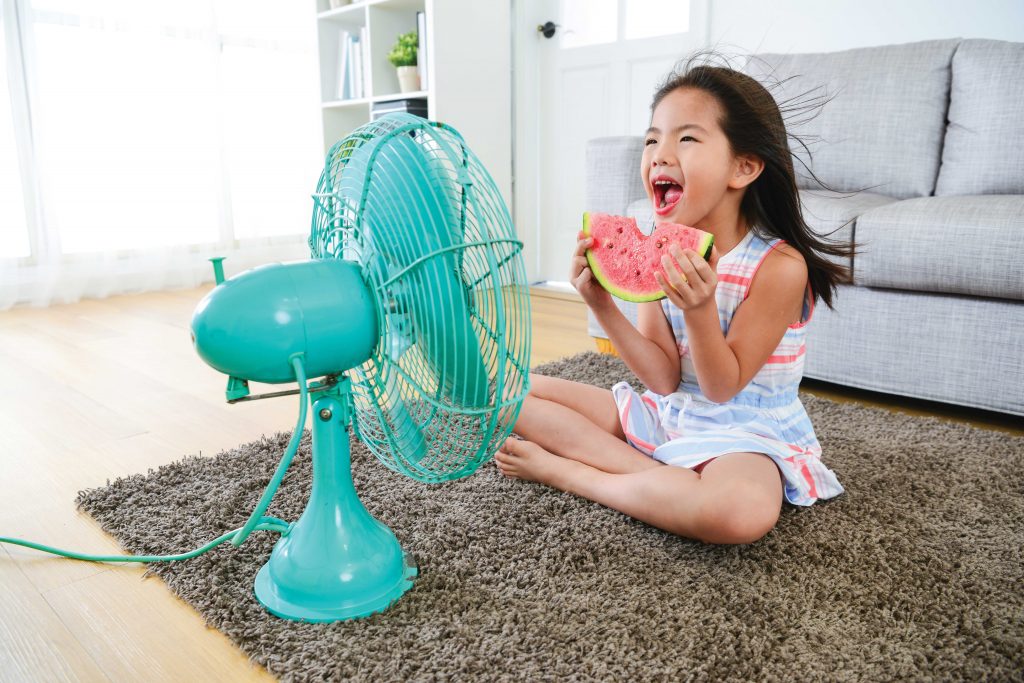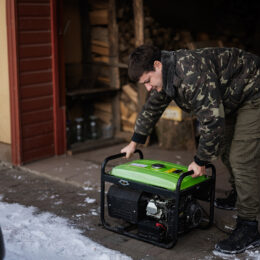
By Garrett Keiser, guest columnist
While you may be getting used to the spring temperatures warming you from the winter chill, it won’t be long before the blazing summer sun is heating your house to uncomfortable levels. And just as your heating system was kept busy in the winter, your air conditioner will also be laboring to keep pace with the heat. Fortunately, you can plan now to prep your house to maximize your summer comfort while minimizing spikes in energy costs. Some steps are simple, while others take a bit more planning:
Use your windows during the day and at night.
This is one tip everyone can follow! You should open your windows on cool evenings and at night to let the wind flow through your house. This can keep you comfortable without the need to turn on the air conditioner — which will save you money.
Create a setback schedule for your air conditioner.
Raise your indoor air temperature when you are out of the house for a length of time: at work, at school, or on vacation (unless you have a modulating air conditioner). Wi-Fi enabled “smart” thermostats make scheduling your time away easier. Some thermostats can even “learn” when to set back on their own.
Create (and stick to) a maintenance schedule to ensure HVAC efficiency.
You should schedule an annual inspection of your heating and cooling systems to make sure that they are functioning properly. This will reduce the possibility of a malfunction when your air conditioning system needs to work hard. Preventative maintenance also will help your heating and cooling systems work at peak efficiency longer. When was the last time that your blower and air conditioning coils were really cleaned? If it was more than three years ago, it might be time for a good clean and tune.
Seal air leaks and properly insulate your home.
Many homes have small crevices and gaps that can lead to air that you’re paying to cool in the summer (and heat in the winter) escaping. This can make your home’s HVAC system work harder than needed, which costs you money. Properly sealing your home will prevent treated air from escaping. Once your home is properly sealed, you also can have your house checked to see if your home’s insulation is at recommended levels. You can have your home checked by the last step…
Contact your local electric co-op about scheduling an energy audit.
Your local co-op may have a list of local contractors who conduct energy audits, and your cooperative might even offer them! An energy audit will include a thorough analysis and testing of energy use in your home to provide steps you can take to save money and improve your home’s comfort.
Taking steps now can lead to a more comfortable environment in your home.
GARRETT KISER is the energy advisor at Heartland REMC.



